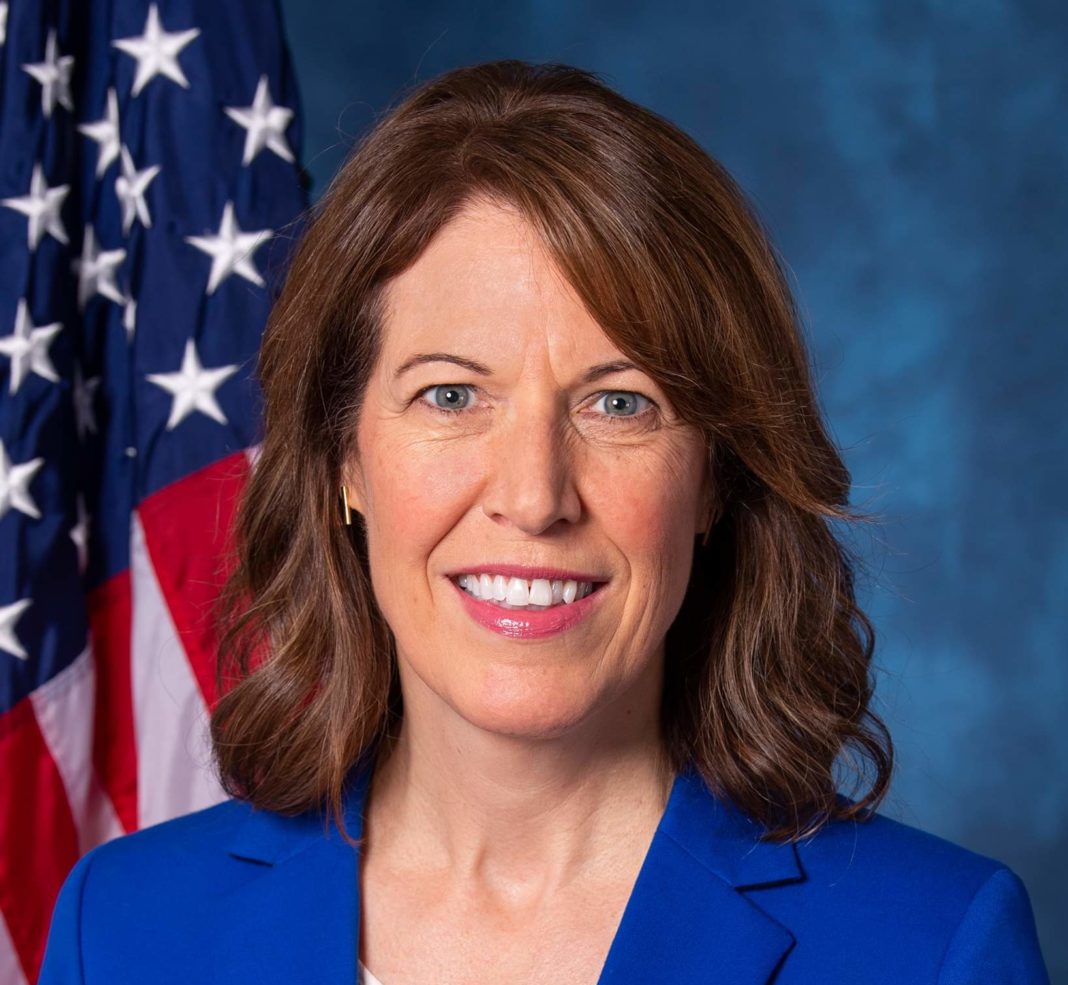On Tuesday, Rep. Cindy Axne (IA-03) helped lead the introduction of legislation to prevent drug manufacturers from obscuring dangerous side effects of their prescription drugs in their advertisements and help consumers make informed decisions. Rep. Axne introduced the legislation along with Rep. Abigail Spanberger (VA-07), Rep. Susan Wild (PA-07), Rep. Katie Porter (CA-45), and Rep. Angie Craig (MN-02).
The United States and New Zealand are the only countries in the world that permit direct-to-consumer pharmaceutical advertising — and there are serious consumer safety concerns around the proliferation of these ads. Frequently, the ads supplant the knowledge and judgment of physicians in determining whether a drug is most suitable for a particular medical condition. Studies show that the use of visuals when discussing the side effects of a drug distracts American consumers from the risks.
To address these concerns, the Banning Misleading Drug Ads Act would require the U.S. Food and Drug Administration (FDA) to finalize a 15-year old proposed rule clarifying that drug ads must include a statement related to side effects, contraindications, and effectiveness — while also prohibiting distractions from neutral information. If enacted, this rule would prevent advertisements from including “distracting representations” — including statements, text, images, or sounds — that detract from the communication of the major statement.
The legislation addresses a delayed rule that has been sitting on the FDA’s shelf for years. The bipartisan Food and Drug Administration Amendments Act of 2007 required FDA to draft and finalize within 30 months of passage standards determining how side effects can be presented in pharma ads. FDA has now missed that deadline by more than a decade. This legislation requires that the FDA finalize that rule within 180 days, and would implement the proposed rule if they do not.
“Consumers deserve to know exactly what they’re getting when it comes to their medications, yet drug companies have been allowed to deceive their customers through predatory advertising practices that shroud critical information– placing the health and safety of patients at risk,” said Rep. Axne. “This bill will put a stop to that malicious practice while empowering patients with the information they need to make healthy decisions.”
The Banning Misleading Drug Ads Act is endorsed by the National Center for Health Research; Lower Drug Prices Now Coalition; Patient, Consumer, and Public Health Coalition; Public Citizen; National Women’s Health Network; Center for Science in the Public Interest; and The Senior Citizen’s League.
Rep. Axne is committed to defending and standing up for patients. This past January, she introduced legislation to end taxpayer subsidies for prescription drug advertising. The Banning Misleading Drug Ads Act is only her next step in holding pharmaceutical companies accountable to patients.












How about banning prescription ads period, like the old days? So many people never knew they had restless leg syndrome until they saw the ads.